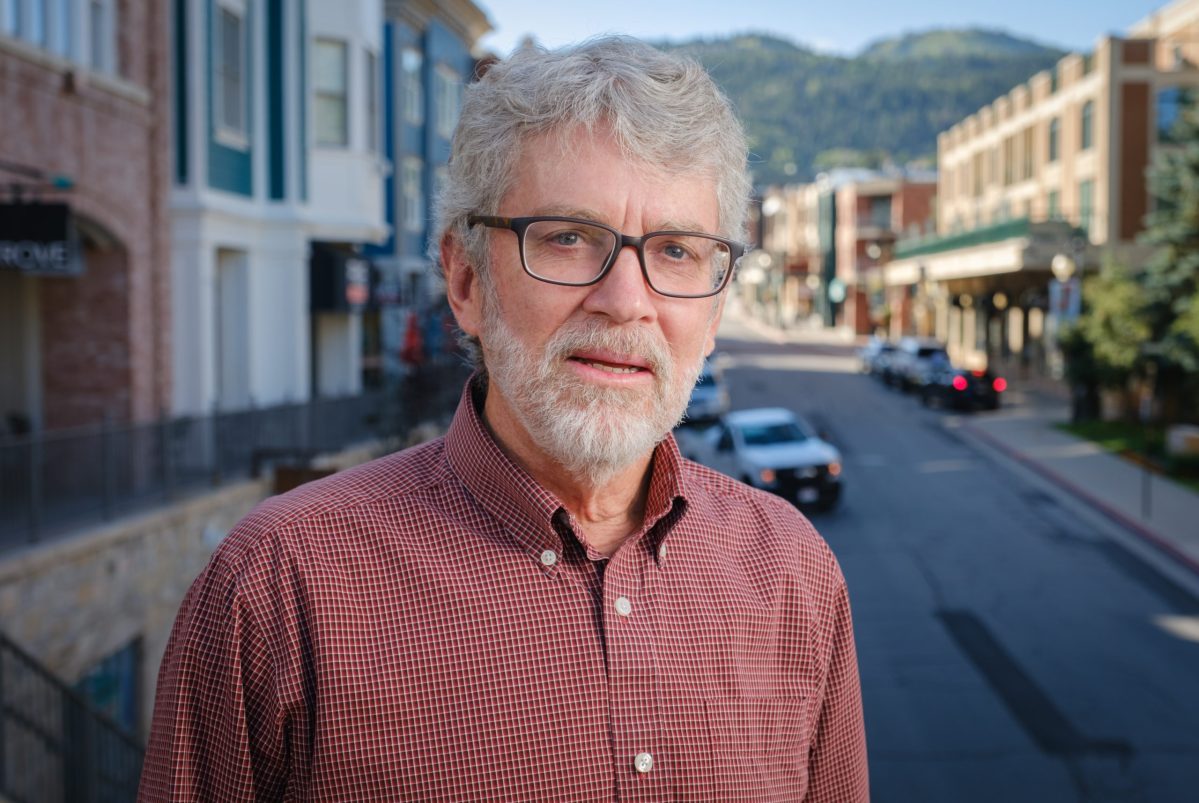My life as a journalist frequently is a lone wolf venture. I go into a flock, try to mix in while conspicuously different from everyone else, and observe as closely as I can. I might pick up a scent, I may well howl or growl, less often even bite. Metaphorically, of course. A story is something you track down, hunt. Even the sweet features.
But I ran in packs through the bulk of my 20s. Firefighting largely is a team sport. I looked at it as sport, anyway, with all the elements of competition with the fire, other crews, crewmates, self.
I grew up playing team sports, mainly baseball and basketball. One year in junior high, my last chance, I weighed a pound over the minimum and had my lone season in organized football through Pop Warner.
Mostly, though, I had to settle for playing basketball as if football, more than one coach remarked. Not in praise.
Baseball dropped off because I couldn’t hit. But I tackled basketball well enough to top out as the only one on my varsity team shorter than 6 feet. I only played because I was the ultimate hustle monkey, and I kept our star player, the league co-MVP, fed with passes and covered the best perimeter player on the other team. In summer league, a point of pride, I fouled the crap out of a guy who went on to the NBA, a 6-5 guard in high school.
I was a better wildland firefighter, built like an actual wire-lean sled dog, able to chip away forever on the line, and apparently I had the right instincts for the work. It helped that most of us had been athletes. One member of the crew before my time had been a No. 1 draft pick in Major League Baseball. Hurt his arm.
Hotshot crews of 20 become ultimate teams through fire seasons, always traveling, in a sense always competing. At least that’s how I viewed it: The lowest form of professional sports. Others looked at it as paramilitary service, or more realistically, grunt work beating dirt with occasional excitement and very little sleep. People who’d been sent to prison did this stuff. There’s perspective.
I was good at it, I think. I could hang individually. I could read fire, had a natural feel for tactics, strategies. I could match talent to positions, lineups, keep a squad or a crew plugging along. I did my homework, especially with investigative reports about fatalities on the fireline. Knowing I inevitably would face what I read about had a way of keeping my attention.
So it’s probably not a complete surprise I got to run one of two squads that make up the full hotshot crew as a seasonal, which was unheard of then. This was a bigger deal to me, looking back, than any editor or publisher gig after that. Never mind this came at the tail end of what turned out to be my last season on the crew.
Then I literally came out of the woods into journalism. I joke that I could barely type when I began this career as a cub reporter, my first assignment to take a picture and write up “Pet of the Week” from the pound. Somehow, I convinced my wife to pick up that gentle, soulful puppy, which turned out to be anything but. The little hell hound tore a couch to shreds one night while we were out for a movie.
The much harder adjustment was going out alone into always foreign territory and coming back to report on those forays, also alone, or if not exactly alone, not cheek to jowl on a fireline, either. There’s no running in a pack with this work, White House press corps jokes aside.
It took a long time to get used to. Newsrooms do develop team-like cultures, let’s say, with shared pressures imposed by deadlines and breaking stories that share a lot with initial attack on a running fire. More than most jobs, I’d say. But nothing will match a season on a hotshot crew. I was spoiled, forged.
I love this work, love my colleagues. We share the struggle and joys of getting our stories online and performing the symphony required for print editions, everyone expertly (one hopes) playing our parts.
There’s no “but” coming here. I knew the pack and had an ache to break away. Then I ran largely alone and missed the pack. I know these instincts are simply part of being human, our need for belonging rivaling our need for individual expression, to make a difference.
Which leaves me at heart that oxymoron, the lone wolf.
Don Rogers is the editor and publisher of The Park Record. He can be reached atdrogers@parkrecord.comor (970) 376-0745.

